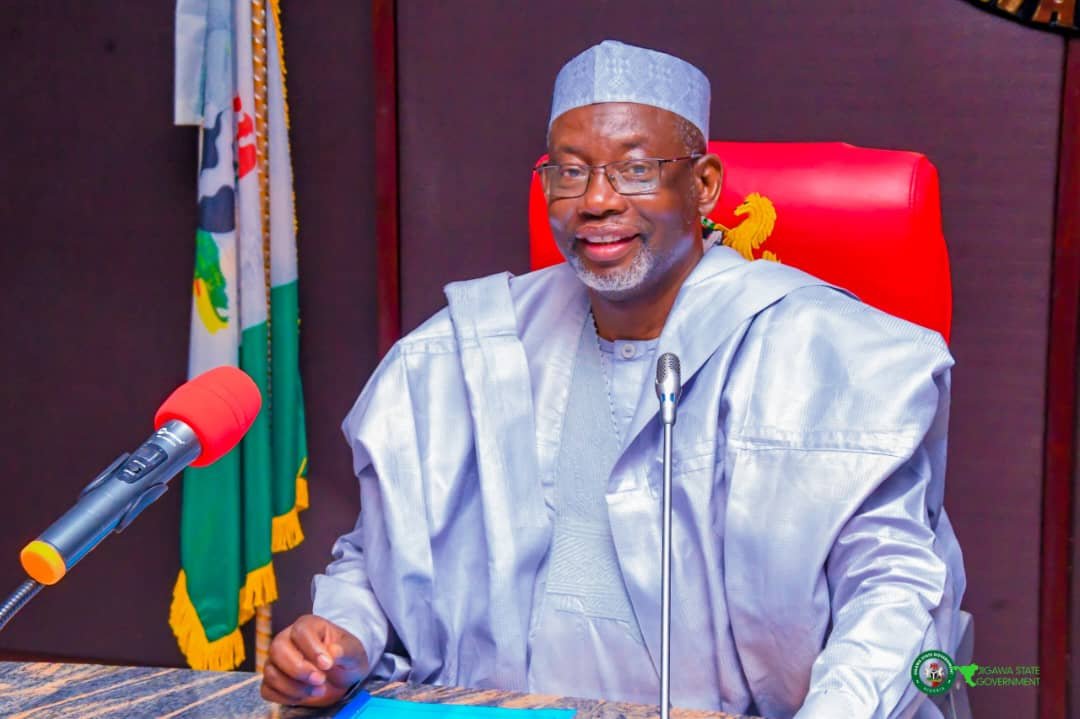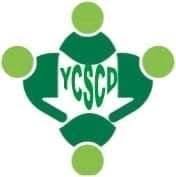
Fighting drug abuse requires coordinated, multi-sectoral approach- Kano Deputy Governor
The Deputy governor of Kano State, Comrade Aminu Gwarzo, says fighting drug abuse in the state, requires coordinated and multi-sectoral approach to succeed.
Gwarzo, said this at a capacity building workshop for Chairmen of the 44 local government councils of the state by the Kano Reformative Centre in Kiru on Wednesday.
He said the training with the theme:”United Against Drug Abuse:A Collective Community-Based Strategy for Rehabilitation and Reintegration,” was designed to equip the local council leaders “with practical knowledge, strategies, and tools that can be translated into real, measurable action plans,” within their respective local government areas.
Represented by the state Commissioner for Youths and Sports Development, Alhaji Mustapha Kwankwaso, the deputy governor, said the workshop reflected the commitment of the government towards strengthening local leadership to fight challenges.
Gwarzo said drug abuse was not merely a health issue as was a social, economic, and security concern that affected families, communities as well as the future of youths.
“Confronting this menace requires a coordinated and multi-sectoral approach, with local government councils playing a pivotal role. Local government chairmen are the closest tier of leadership to the people. Your position gives you the unique ability to influence, mobilize, and lead community-based responses.
“This training is therefore aimed at equipping you with the knowledge, skills, and reformative strategies required to effectively combat drug abuse at the grassroots.
“I commend the Kano Reformative Centre, Kiru, for organizing this laudable programme,”Gwarzo added.
Also speaking, the Coordinator of the Centre, Ms Cheryl Aminta Kwagga, said that the training was aimed at tackling the menace of drug abuse at the grassroots.
Kwagga said the gathering brought together not only the leadership of the 44 local government councils in the state, but also the assembly of committed minds determined to tackle the menace of drug abuse in the society.
She said the programme came at the right time.
“Across our towns and villages, we are witnessing how drug abuse erodes the moral fabric of our society, destroys families, fuels insecurity, and cripples the potential of our youth who are supposed to be the driving force of our nation’s future.
“This is not just a health issue; it is a community, economic, and security issue that demands coordinated and sustained action.
“As local government chairmen, you stand at the forefront of this fight. You are the closest to the people, the first responders to their needs, and the key actors in shaping community-level solutions.
“This training is designed to equip you with practical knowledge, strategies, and tools that can be translated into real, measurable action plans within your respective local governments. We are here not only to understand the problem but to chart a collective path forward – one that prioritizes prevention, rehabilitation, and reintegration of affected individuals into society,” she said.
The Coordinator hailed the collaboration between the Centre and the National Drug Law Enforcement Agency (NDLEA), the United Nations Office on Drugs and Crime (UNODC), the medical and psychological experts, the academia, security professionals, civil society organizations, and community leaders whom she said had joined hands to make the initiative possible.





